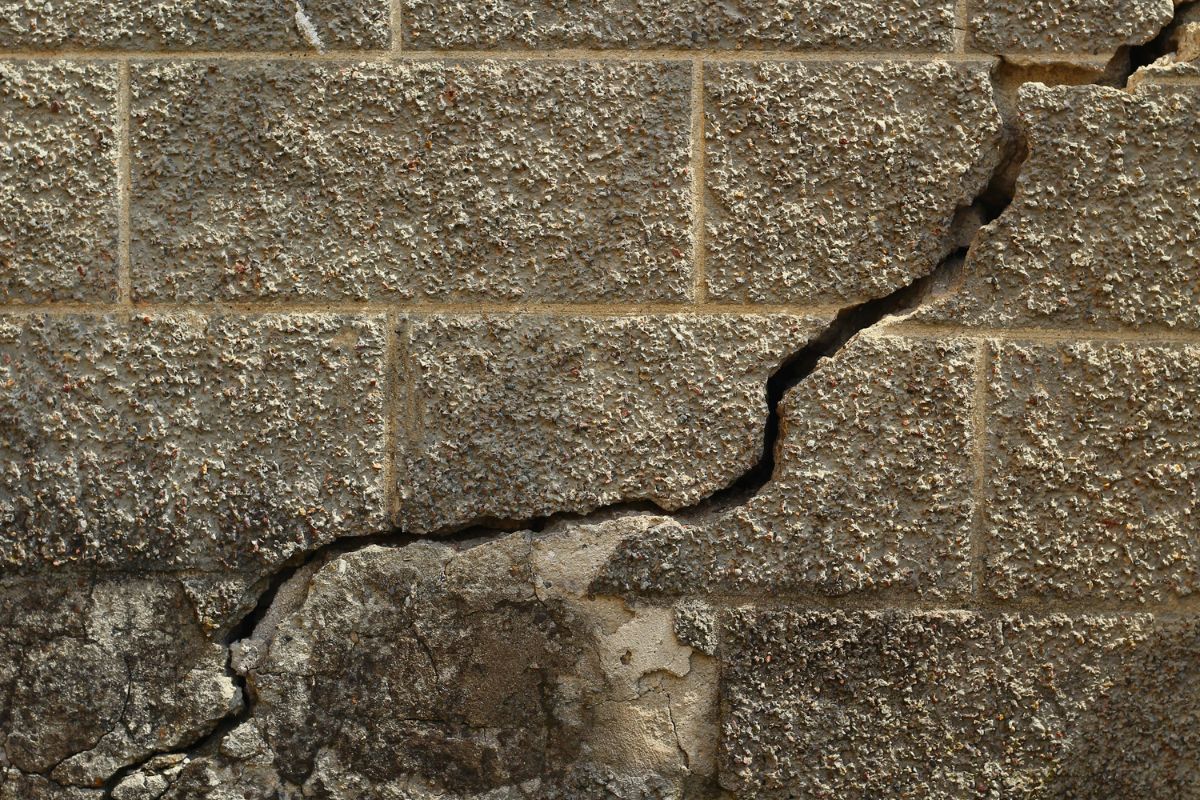A home is a major investment, and knowing about the types of foundation issues is essential for keeping everything well-maintained. One of the major factors in issues with foundations is the age of the home; however, there are many things potentially contributing to foundation problems.
If you have one of the issues with your foundation most likely to cause problems, getting it fixed as soon as possible is essential. Read on to learn more about the foundation issues most likely to cause trouble and the recommended solutions.
Types of Foundation Issues: Bowing or Buckling Walls Are a Problem
Bowing and buckling have their origins in pressure from water pressing against the foundation, with the weather being one of the most significant factors. Another important factor is soil composition and moisture level.
Moist soil, for example, is heavier and more likely to shift. Clay is one of the heaviest soils due to its expansion and contraction, which causes significant shifting.
In many cases, these types of problems with walls are issues before homeowners notice serious problems. One of the most helpful things to know is that foundation specialists can add support that has an easy installation process. One of the best things about these supports is that they don’t come with drastic cosmetic changes.
Why Horizontal Cracks Might Be the Most Serious Types of Foundation Issues
The types of foundation issues that many consider the most serious include horizontal cracks. These types of cracks, sometimes called sideways cracks, are usually signs of water pressure.
Getting horizontal cracks repaired as soon as possible is essential. Bowing or leaking is very likely if something isn’t done about these cracks fairly quickly. Complete foundation repair is a likelihood in the future if these issues are unaddressed.
Reinforcing the walls is the most common step that most foundation specialists take. The repositioning will make the foundation stronger, as well as keep water from getting into the cracks. These fixes are permanent and effectively prevent your foundation from experiencing complete failure.
Types of Foundation Issues: Foundation Settlement or Failure
Foundation settlement is another way of saying that your foundation is failing. Too much or too little moisture in the soil is the root cause, regardless of what other considerations are in play. If you notice bricks or blocks in your wall shifting, or it looks like your foundation has been sinking, getting in touch with a foundation specialist is a good idea.
One thing that you can count on about foundation settlement is that it always happens over time. Foundation settlement is something that always worsens instead of improving. The sooner you take action when your foundation settles, the sooner you can keep your home safe.
A common remedy to fix problems with your foundation is piering. This technique involves removing the soil under the foundation, placing the foundation on steel pipes called piers, and placing jacks to help keep everything secure. In most cases, the foundation will stay stable after piering.
Serious Pipe Leaks
Pipes are contributors to foundation problems more often than many realize. When pipes are the cause, some of the problems you may see include water leaking, stains, and mold.
Water seepage is always a problem, and pipes must be repaired to prevent further foundation problems. However, fixing a pipe does not correct foundation-related issues in and of themselves. Basement waterproofing or other foundation repair issues might be in order to keep the problem from worsening.
Licensed, insured foundation experts with years of experience will know what to do. Every home is unique, and any solution must take that into account.
At Olson Foundation Repair, we have experience handling all kinds of foundation issues; contact us today to learn what we can do for the types of foundation issues you are dealing with.

